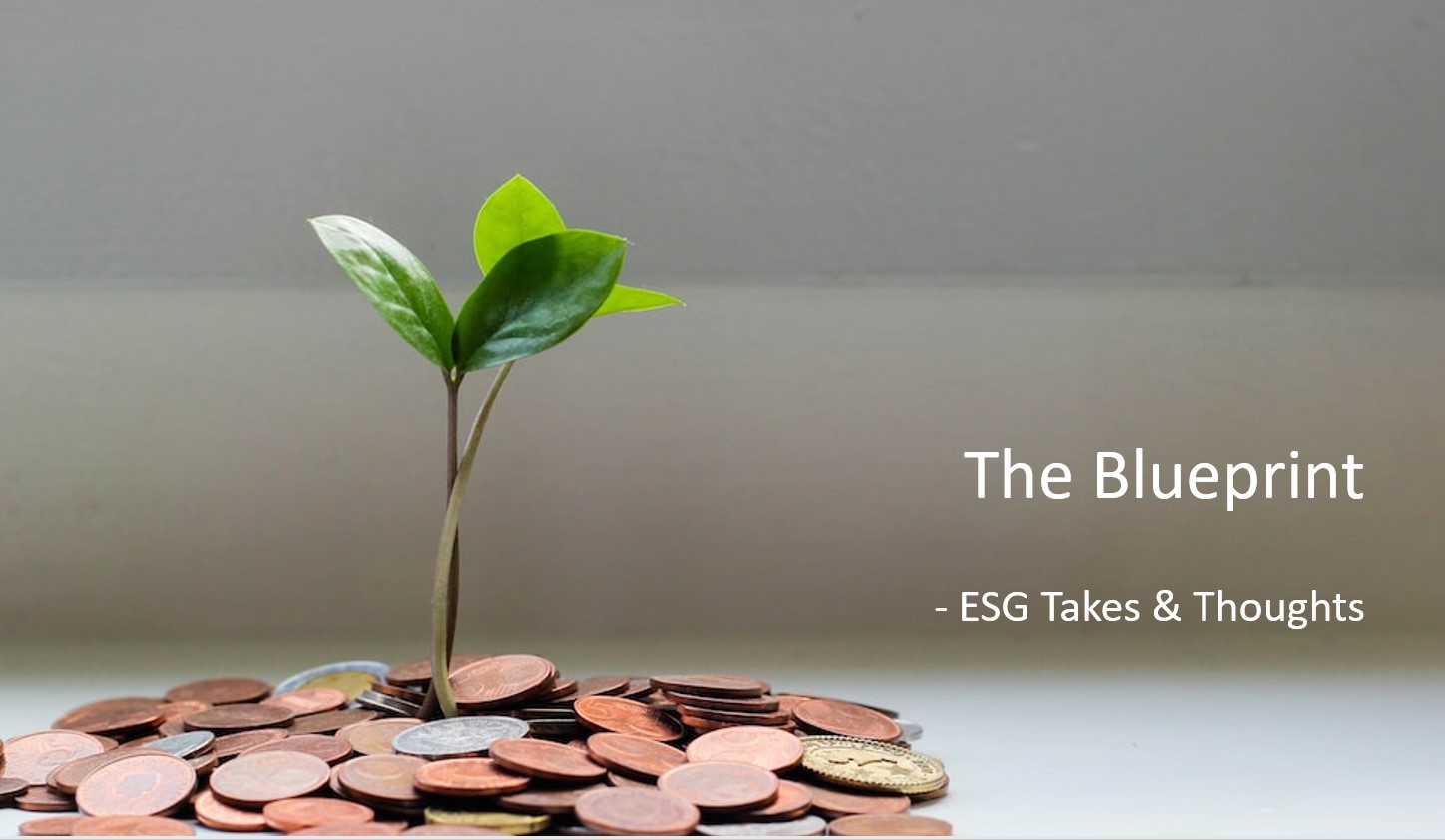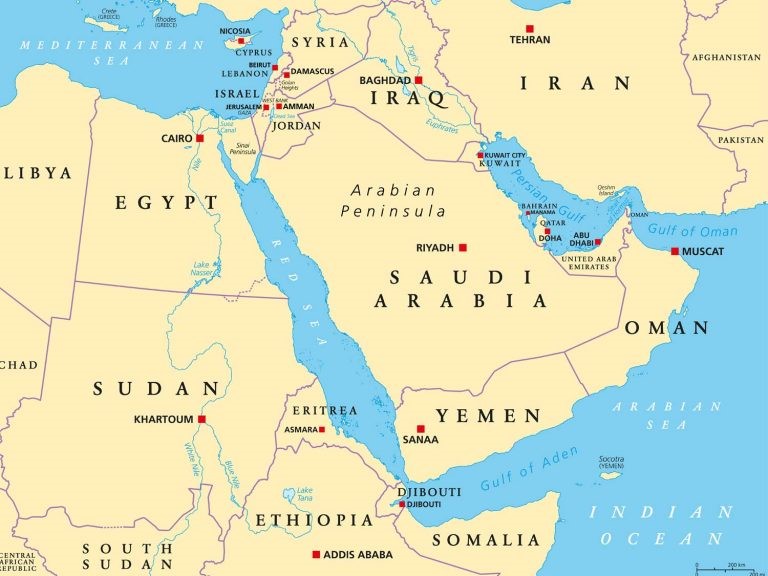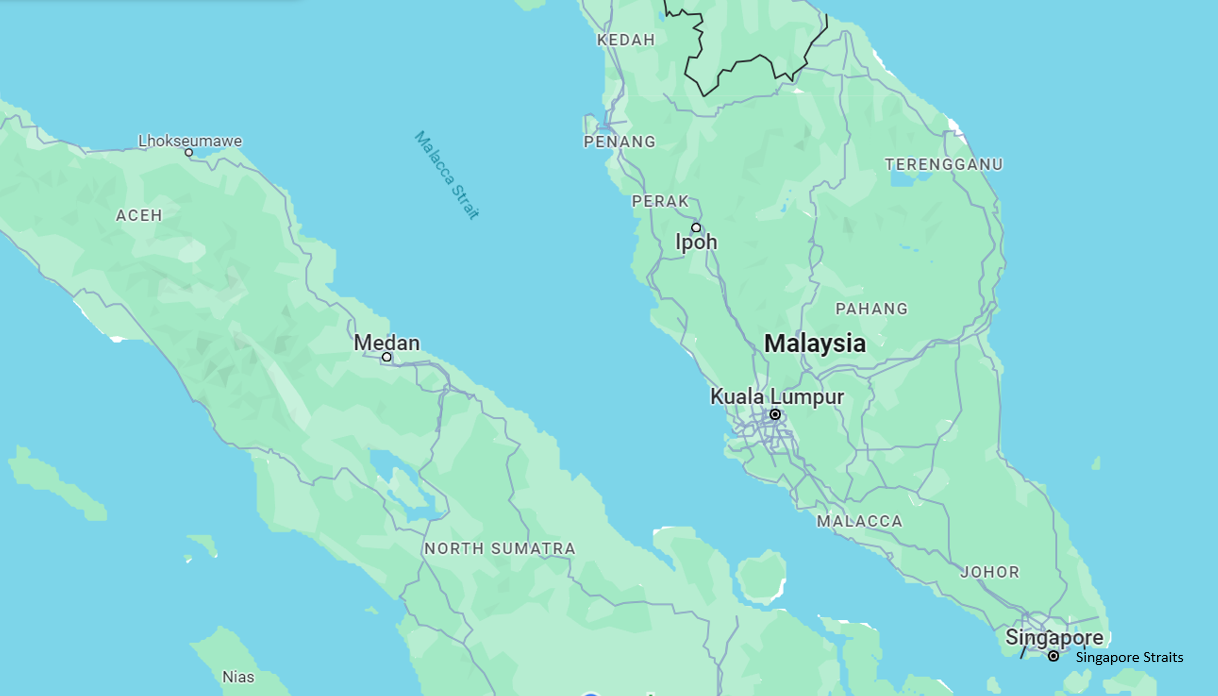
Navigating troubled waters: internet disruptions and shipping challenges
- We need the internet to access e-payment, education, and entertainment
- Threat of disruption is amplified by conflicts in waters where undersea cables lie
Communities need the internet for communication and access to essential services while businesses need it for payment. Unfortunately, the effects of disruption are amplified during conflicts and disasters.
Last week, we discussed subsea cables and how they are crucial for cross-border communications. Earlier this month (March 2024), damage to 4 cables in the Red Sea resulted in providers having to divert as much as a quarter of internet traffic between Asia, Europe and the Middle East. Multiple media outlets have pointed to the Houthi rebels for intentional sabotage, while others suggest that the damage was caused by an anchor dropped by a sunken ship following a Houthi attack.
 The area between the Red Sea to the Gulf of Aden and the Indian Ocean is at risk of piracy.
The area between the Red Sea to the Gulf of Aden and the Indian Ocean is at risk of piracy.
Photo source: Metro
Piracy is also an ongoing threat off the east coast of Africa. With renewed fears of piracy and rising concern over Yemeni Houthi attacks, most ships are now taking the longer way around Africa. The passageway between the Red Sea and the Mediterranean Sea saw a 42% slump in ship traffic from December 2023 and January 2024. The financial repercussions of piracy are heavy, estimated to cost between US$4.9 billion to US$8.3 billion per year.
 Photo source: Google
Photo source: Google
Half of the world’s pirate attacks occur off the coast of Indonesia, Malaysia, and Singapore along the Straits of Malacca and Singapore. These areas are known as global shipping “highways”, seeing over 120,000 ships and a third of sea commerce. Instability in the waters where undersea cables lay affects their safety and security – especially as law enforcement’s resources are stretched in this expansive territory.
With some of the world’s busiest shipping lanes, the majority of cable damage stems from anchor dropping (47%) in Indonesia’s waters. This is followed by fishing (28%), natural causes (14%) and sand mining and cable theft (11%). Coupled with insufficient enforcement against theft, cable ecosystems and internet access are under threat. For instance, 12 tonnes of parts were stolen near Indonesia’s Riau Islands in 2018, resulting in slow broadband speeds.
In Singapore, the circuit breaker period coincided with an increase in web traffic as the nation shifted to telecommuting and home-based learning. In response to broadband service disruptions from a local provider, the Singapore Infocomm Media Development Authority (IMDA) said that it took a serious view of any service disruption to public telecommunications services, “especially during the circuit-breaker period” – what would the future of work be like with our total dependency on technology?
Looking forward
As an UN-supported PRI Signatory, we operationalise PRI principle 2 – incorporate ESG issues into our policies and practices via ongoing engagement. In our ESG analysis, we highlight key recommendations and monitoring points, alongside regular monitoring and disclosure. This informs our engagements as we work collaboratively with investee companies – helping to shape corporate behaviour and contribute to the attainment of global sustainability goals.
Important Information
This material is provided by Phillip Capital Management (S) Ltd (“PCM”) for general information only and does not constitute a recommendation, an offer to sell, or a solicitation of any offer to invest in any of the exchange-traded fund (“ETF”) or the unit trust (“Products”) mentioned herein. It does not have any regard to your specific investment objectives, financial situation and any of your particular needs.
The information provided herein may be obtained or compiled from public and/or third party sources that PCM has no reason to believe are unreliable. Any opinion or view herein is an expression of belief of the individual author or the indicated source (as applicable) only. PCM makes no representation or warranty that such information is accurate, complete, verified or should be relied upon as such. The information does not constitute, and should not be used as a substitute for tax, legal or investment advice.
The information herein are not for any person in any jurisdiction or country where such distribution or availability for use would contravene any applicable law or regulation or would subject PCM to any registration or licensing requirement in such jurisdiction or country. The Products is not offered to U.S. Persons. PhillipCapital Group of Companies, including PCM, their affiliates and/or their officers, directors and/or employees may own or have positions in the Products. This advertisement has not been reviewed by the Monetary Authority of Singapore.